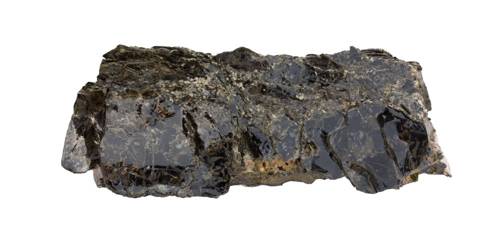The Export processing zone (EPZ) has been playing a vital role in Bangladesh economy after 1990 although for the first time it was established in the year 1983. EPZ has turned out to be a widely used instrument of export expansion and outward orientation by developing countries. In Bangladesh, it has contributed very effectively in the economy in terms of the foreign direct investment (FDI), export and employment for the last ten years especially in Bangladesh’s Export-Processing Zones (BEPZs). These zones are established, often as enclaves, to attract foreign investment by offering them different fiscal and non-fiscal incentives.
- Foreign exchange earning potential –
Foreign exchange is one of the main benefits expected from an export processing zone. It is argued that EPZ provides foreign exchange earnings that allow low-income economies to slacken the foreign exchange constraints regarding the import needs for the rest of the economy and provides the govt. with development funds.
- Tax Revenue/Tax loss Effect –
The establishment of EPZ seems to be synonymous with the country providing a multitude of tax breaks and tax holidays to attract FDI to their zones. All country offer similar tariff-free imports and exports, free repatriation of profit and market access. The length of tax provision varies across the nation.
- FDI Effect –
The foreign direct investment effect goes beyond that of receiving a needed infusion of capital from developed countries. Successful FDIs in a zone represents a showcase for domestic firms and potential entrepreneurs to learn from the copy.
- Employment effect on the local or national economy –
Job creation is considered one of the primary goals and important contribution of any EPZ to the economy. This goal is based on two assumptions. One is the country has high unemployment. This is a reasonable assumption and the argument is work only until the excess labor is absorbed.
- Women and EPZ employment –
Women are attractive in it for the following reason –
- They don’t stay in the job for a long time.
- Plant managers prefer to hire women because they are diligent and dexterous.
- Women are paid a lower average wage than their male co-workers.
Though most EPZs have been successful as a good source of employment, they face criticism due to the enclave nature that limits technological spillovers and demonstration effects.















